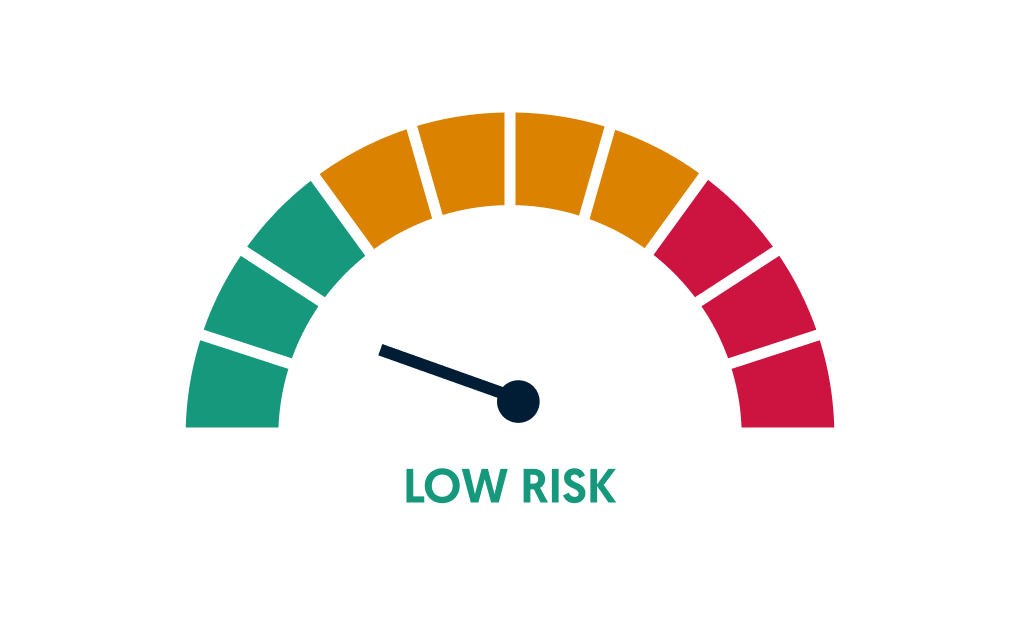ESG Policy
This ESG Policy represents a company's statement of values regarding environmental, social and governance issues. It is a tool to guide the company's operations at the level of employees but also contractors and commercial partners.
4.2 (25 reviews)
Last updated October 24, 2025
Under 5 minutes
Suitable for Australia
Written by Edwin Montoya Zorrilla
Reviewed by Damin Murdock
Document Overview
Research shows that customers expect companies to hold themselves responsible for the impact they have on the world around them. There have been many names given to this responsibility, including Corporate Social Responsibility (CSR), sustainability, and more recently, ESG.
ESG brings together environmental, social and governance issues under one banner to ensure that a company's overall impact is positive. ESG is much like corporate social responsibility, but on a vastly larger and more measurable scale. It represents a set of priorities that are most important to investors and consumers at the present time, and having such a policy is beneficial for a company wishing to take action on these issues and to be seen to do so. ESG policies are often used as a framework for organisations to assess and manage their sustainability and responsible business practices, and to communicate their efforts to stakeholders. Organisations may choose to adopt ESG policies for a variety of reasons, including ethical considerations, risk management, reputation management, and alignment with stakeholder expectations.
Although, on a structural level, the primary incentive for companies is to make profit and deliver returns to shareholders, ESG represents an opportunity to disrupt business in the short term to ensure prosperity in the long term.
As more businesses embrace ESG, we can help create real change within our local communities and the wider world. It can also help make your workplace happier, attract new customers, and increase your profits.
Examples of ESG criteria:
- Environmental: includes factors such as a company's carbon footprint, water and energy usage, waste management, and pollution levels.
- Social: includes a company's labour practices, human rights record, diversity and inclusion policies, and impact on local communities.
- Governance: includes factors such as a company's board diversity, executive compensation, transparency, and ethical business practices.
The Legal Risk Score of a ESG Policy Template
Our legal team have marked this document as low risk considering:
- The document allows for amendments to the policy at any time, which could lead to unpredictability in its application and expectations.
- There is a lack of specific detail on who is responsible for implementing changes or overseeing certain aspects of the policy, which might lead to confusion or inefficiencies in its enforcement.
- The document states that breaches should be reported through whistleblowing channels, but it does not specify the methods or procedures for reporting, potentially complicating compliance efforts.

ESG Policy Checklist
Complete your free ESG Policy with our checklist
Review and Update Regularly:
Ensure that the ESG policy is reviewed annually, as stated in the document, to keep it current with evolving government guidance and business practices.
Clarify Responsibilities:
Define and communicate the specific responsibilities of the board, line managers, and other relevant parties as outlined in the policy to ensure effective implementation and oversight.
Enhance Reporting Mechanisms:
Establish clear procedures for reporting breaches or concerns through the whistleblowing channels to maintain transparency and accountability within the organization.
Stakeholder Engagement:
Actively engage stakeholders by discussing ESG goals, gathering feedback, and incorporating their insights to strengthen the policy's impact and alignment with broader objectives.
What are the benefits of an ESG Policy?
- Demonstrates a company’s commitment to responsible and sustainable business practices, and to manage risks and create long-term value.
- An ESG policy can help companies identify and mitigate risks related to environmental impact, social issues, and governance practices.
- It can drive innovation by encouraging companies to develop new products and services that prioritise sustainability and social responsibility, leading to new market opportunities and increased competitiveness.
- It can help companies align with their stakeholders’ values, including customers, employees, investors, and communities, leading to increased loyalty, engagement, and support.
- It can contribute to long-term growth by promoting sustainable business practices which increase efficiency, reduce costs and generate new revenue streams.
Use this ESG Policy if:
- You are a company looking to improve your sustainability practices and reduce your environmental footprint.
What does the ESG Policy cover?
- The parties responsible for implementing this policy, and the role that they play.
- Monitoring, reporting and enforcement mechanisms.
- The details of initiatives that can be taken.
- Reputational issues.
- Ethical procurement.
Further information
View Sample ESG Policy
It's never been so easy
Sign-up to a free Lawpath account
Get started and we'll take care of you. It's that easy.
Browse our 500+ legal documents
Browse our 500+ legal documents to find the perfect match to cover your business needs. We've got Compliance, Employment, Service agreements and more.
Collaborate with e-Sign and Sharing
Having access to your legal documents has never been easier. You can request e-signature, share the document and download for an efficient collaboration.
Create unlimited legal documents and eSignatures for only $39/month.
Upgrade to a Lawpath legal plan to boost your new business.


Here's what people say about Lawpath's ESG Policy
Reviews are managed by BazaarVoice and comply with the BazaarVoice Authenticity Policy. Reviews are independently verified by BazaarVoice and detail our customers' real experiences.
0 reviews
Most Recent
Highest to Lowest Rating
Lowest to Highest Rating

